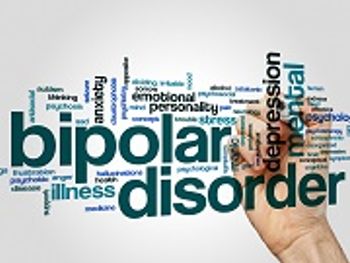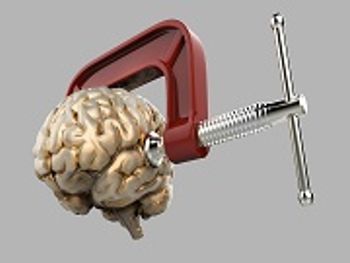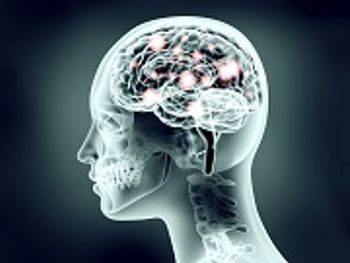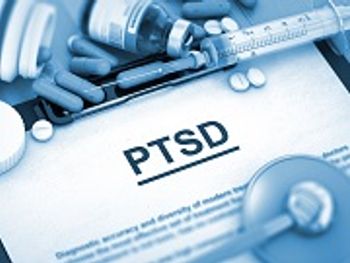
Top news of the day from across the healthcare landscape.

Top news of the day from across the healthcare landscape.

Top news of the day from across the health care landscape.

Aripiprazole (Abilify Maintena) found to delay manic episodes in adults with bipolar 1 disorder.

Top news of the day from across the healthcare landscape.

Severe mental illness may increase the risk of heart disease more than 50%.

Pregabalin and gabapentin involved with numerous heroin overdoses.

What are the best practice considerations for managing Parkinson's Psychosis?

The FDA recently approved Ingrezza (valbenazine) for the treatment of adults with tardive dyskinesia.

This article highlights 5 published case reports that document unusually high doses of medications that are not often seen in clinical practice.

Clinicians should provide extra attention to patients with heart disease and depression.

Kynurenic acid observed to indirectly raise glutamate levels.

Anxiety and depression linked to longer time living with HIV.

Top news of the day from across the health care landscape.

What are you doing to stop the stigma surrounding mental illnesses?

A new physiologically based assay shows the role of neuropeptide Y in post-traumatic stress disorder and other anxiety disorders.

What can you (or your pharmacist) do to improve Bipolar I Disorder outcomes?

Prophylactic ketamine use may be able to prevent post-traumatic stress disorder among military personnel.

Top news of the day from across the health care landscape.

A new study, published in Psychiatric Services, reveals a missed opportunity for early HIV detection and treatment.

The implementation of the Affordable Care Act increased the insured rate of patients with mental illness and substance use disorders.

Myeloproliferative neoplasms may negatively affect the physical and mental health of patients.

From 2003 to 2013, an average of 37 healthcare professionals died from drug-related causes in Australia.

Women who previously misused drugs may have an increased risk of stress and anxiety after childbirth.

Ajanta has launched aripiprazole tablets in 2.5-mg, 5-mg, 10-mg, 15-mg, 20-mg, and 30-mg doses in the United States.

Top news of the day from across the healthcare landscape.